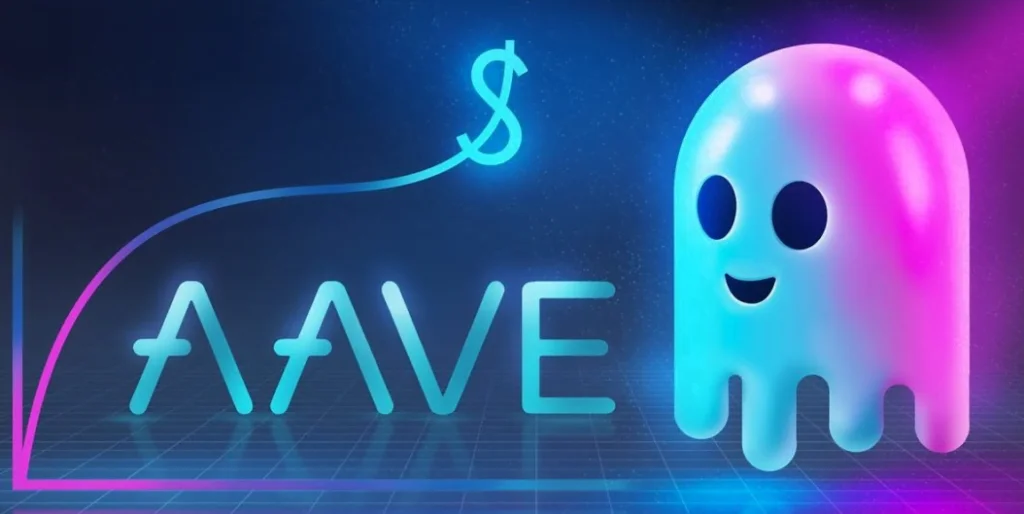Aave DAO that powers the decentralized finance (DeFi) platform Aave has approved a request to pay members of Aave Companies retroactive financing of $16.28 million for their contribution to the development of Aave Protocol V3.

Voting for the initiative started on September 6 and, as of this writing, had received 667,000 yes votes, more than double the necessary 320,000. The polls will close on September 8th.
The Aave Request for Comment (ARC), which was first presented on August 10, allegedly requested “retroactive funding” for the effort involved in creating the V3 protocol.
The $16.28 million is made up of $1.28 million for expenses paid to outside auditors and $15 million for work done by the developers over a period of more than a year. Members of the business that created the well-known DeFi protocol, Aave Companies, will receive the funds.
After the proposal is approved, the funding will be made up of a mix of AAVE tokens, Dai (DAI), Tether (USDT), USD Coin (USDC), alternative stable assets (like Frax stablecoin), and higher volatility assets (like Synthetix).
The retroactive public goods funding model is unknown, but on July 21, 2021, Vitalik Buterin and the Ethereum scaling solution provider Optimism published a collaborative piece on Medium that helped to publicize it.
According to the argument made in the post, the “retroactive public goods funding” approach encourages developers to work on projects by enabling them to receive payment after the project is finished and on the basis of the value it offers.
“It’s simpler to agree on what was useful than what will be useful,” is the fundamental tenet of the idea.
In the article, Vitalik makes the argument that getting a project off the ground might be challenging because grants and donations are not enough to motivate developers.
The Aave DAO has experienced a significant decline in the value of its liquid assets throughout the crypto winter, down from over $800 million in April to roughly $378 million at the time of writing, according to blockchain analytics source Nansen.
In spite of this, a large majority of the community has voted in favor of the proposal for retroactive financing, with some community members stating “Aave Companies done the wonderful effort and should be reimbursed for it.”
The lack of openness in the proposal, however, was criticized by several community members. One person said in the comments section, “I support the suggestion, but would desire for as much information as possible to raise the standard for any other retroactive request in the future.”
